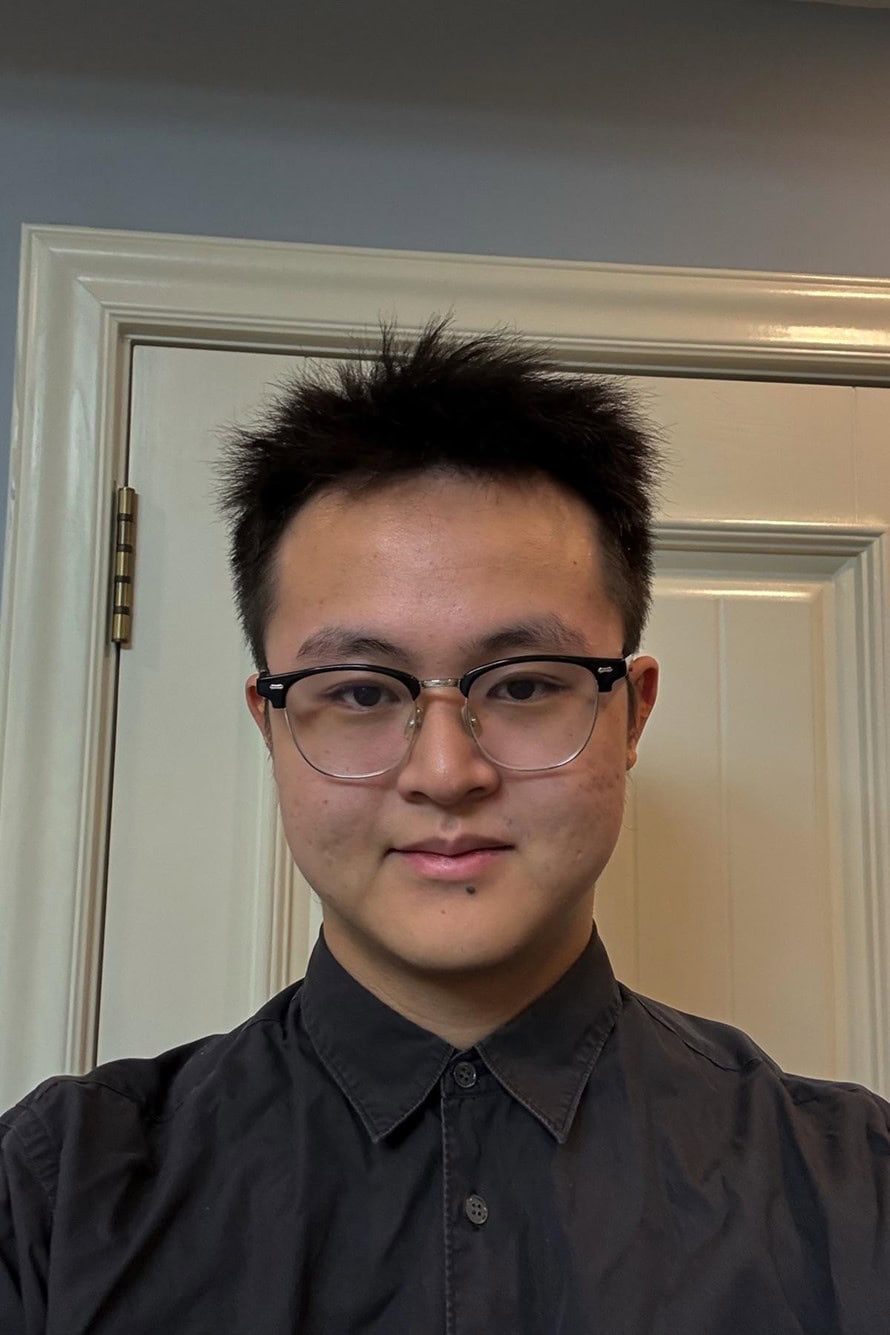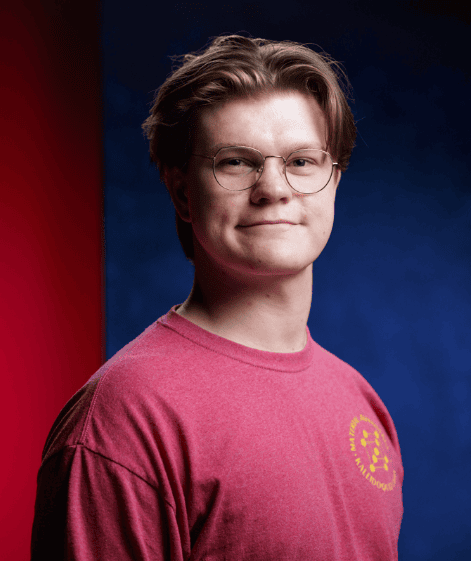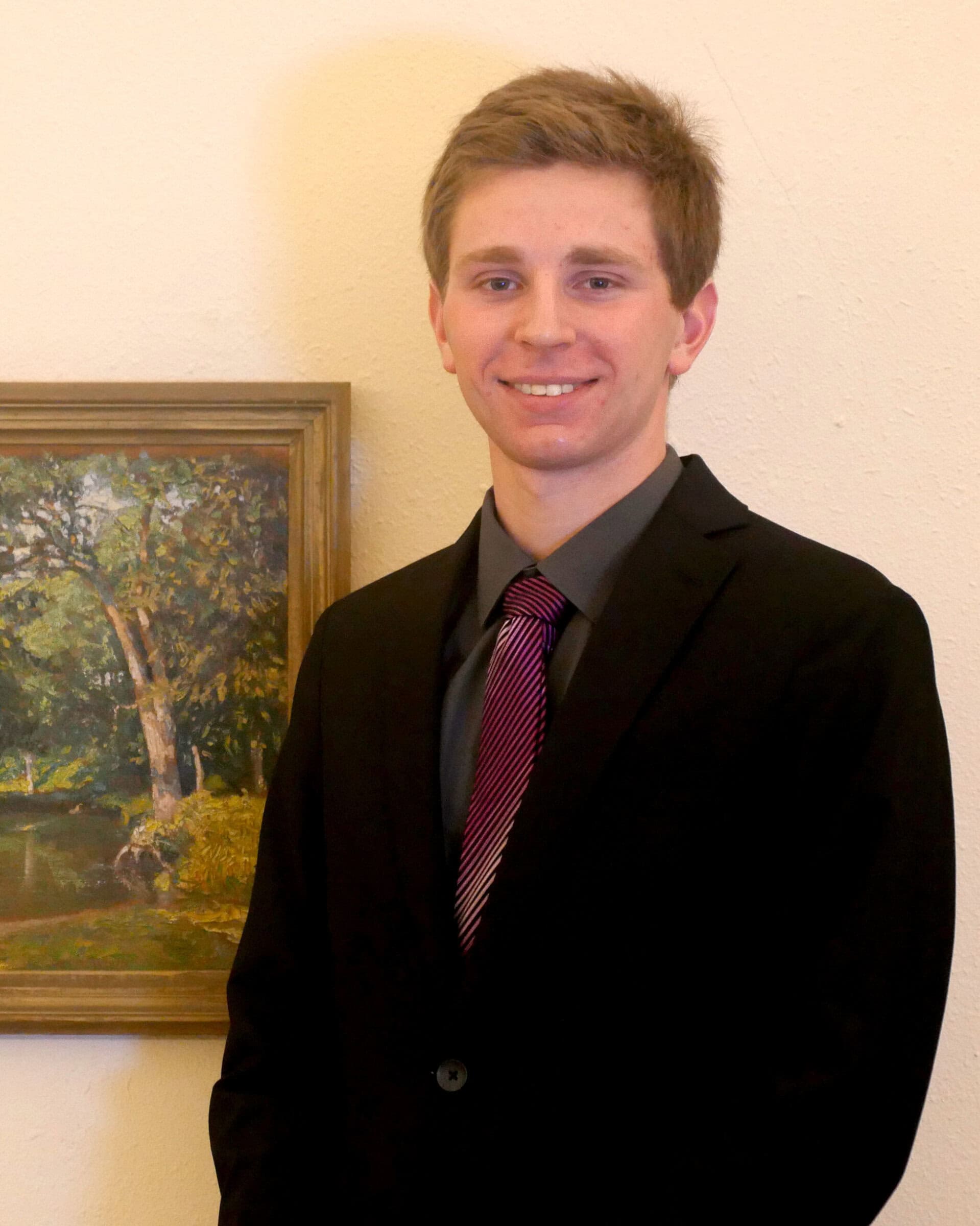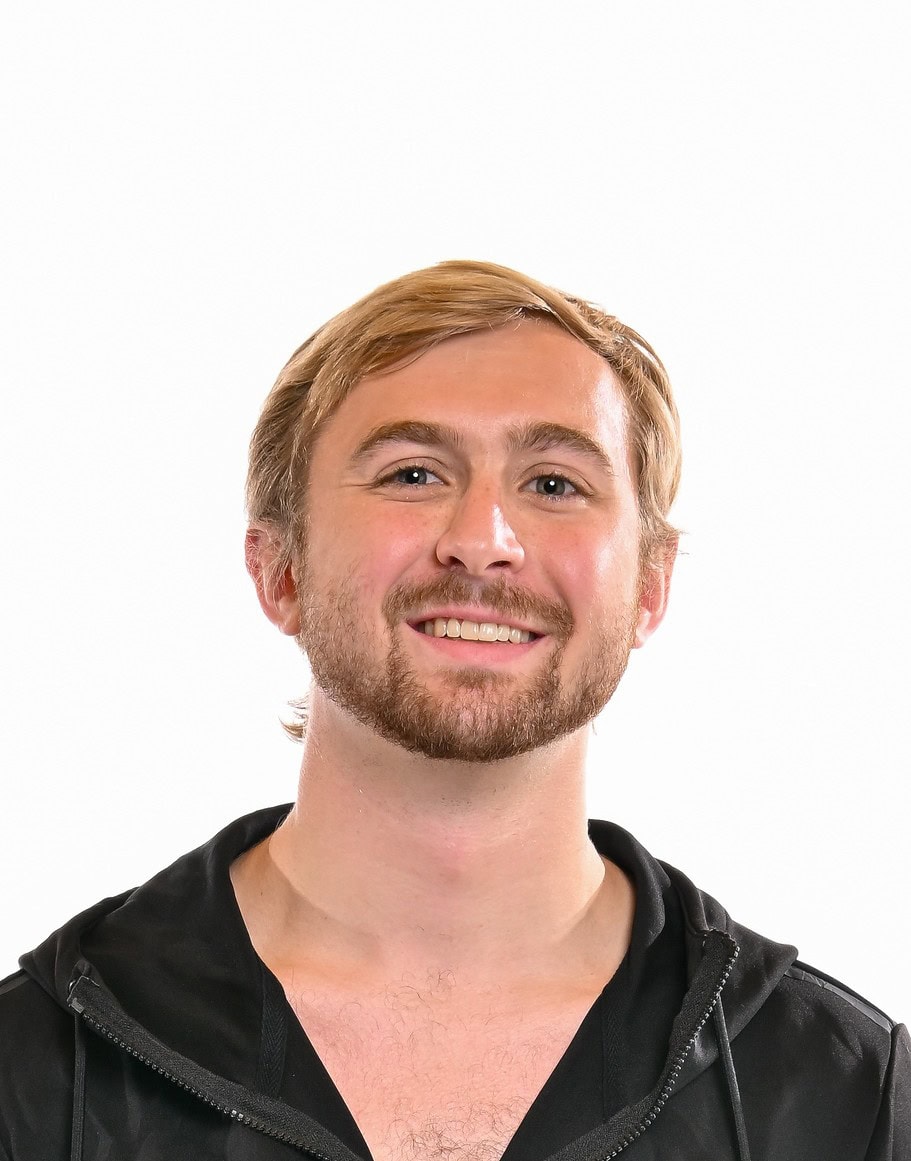The Glass & Optical Materials Division of The American Ceramic Society invites nominations for the Cooper Scholars Award. This undergraduate award is named in honor of the late Professor Alfred R. Cooper, Jr., member of the faculty at Case Western Reserve University and a prominent contributor to the understanding of many glass phenomena and glass problems. Donations to the Cooper Fund are always welcome.
The purpose of the Cooper Scholars Award is to encourage and recognize undergraduate students who have demonstrated excellence in research, engineering, and/or study in glass science or technology. The award will be presented during the GOMD Cooper Session at MS&T each October.
The Cooper Scholars Award recipient will receive an award plaque and a check for $500.
The student can be from any country. Membership in The American Ceramic Society, the Glass & Optical Materials Division, or Material Advantage is not required.
Nomination Process
How to submit nominations:
The nomination package can be submitted by the undergraduate student candidate and/or by the faculty advisor or other research mentor and should consist of the three documents listed below.
Information to be submitted:
A nomination letter from the faculty advisor and/or other research/development mentor for the project describing the role, contributions, and strengths of the student.
- A five page report written by the student describing:
- The cover page will provide the project title and student contact information
- Two pages can be used for technical description of the project
- The technical problem being solved or research project being undertaken
- The methods used to solve the problem or conduct the research
- The results obtained from the study
- An analysis of the results in terms of the goals of the project
- A description of future work to continue and expand the project
- One page can be used for figures, which must be publication quality
- One page can be used for citations to provide bibliographic information
- A two page essay written by the student describing:
- What was learned scientifically from the project
- What he/she enjoyed most about the project
- His/her future plans
The work described in the nomination package must have been completed while the student was an undergraduate student and had not yet earned the equivalent of the Bachelor’s degree. Nominations will still be accepted if the student completes the degree requirements in the fall, winter, or spring terms in the academic year of the award. For example, a student reporting work prior to graduation and then graduating in the fall of 2026 would be eligible to submit to this competition.
Only one nomination will be accepted per institution.
For more details on all GOMD awards you may qualify for, see the attached GOMD Awards Table.
Contact
Submit your nomination to:
Steve Martin and copy Vicki Evans
Award Winners

Wuqian Zhang
Wuqian Zhang is currently an undergraduate student in the Physics Department at Swarthmore College in Swarthmore, Pennsylvania. He is expected to graduate in May 2026 with a Bachelor of Arts degree in Physics.
Zhang began his research in his second year at Swarthmore College in The Smith Materials Lab under Professor Hillary Smith. His research focuses on the thermodynamic properties of metallic glasses, specifically the Pt₆₀Cu₂₀P₂₀ bulk metallic glass system. He has measured heat capacity using Differential Scanning Calorimetry and conducted statistical analysis showing that the Kubaschewski liquid heat capacity curve does not adequately model this material. He is currently extending this work through VASP ab initio molecular dynamics simulations to study local structural changes with temperature. Zhang presented his research at the Materials Research Society (MRS) 2024 conference with a poster titled “Thermodynamic Properties of Pt-Cu-P Bulk Metallic Glasses.”
Zhang’s research interests include understanding the relationship between local atomic structure and thermodynamic properties in amorphous materials. He continues to work on both experimental and computational approaches to characterize the thermal behavior of metallic glasses, focusing on connecting macroscopic thermodynamic measurements with atomic-scale structural insights.

Christopher S. E. Martin II
Christopher S. E. Martin II recently earned his Bachelor of Science in Materials Engineering from Iowa State University. As an undergraduate, he conducted research in Dr. Steve W. Martin’s Glass and Energy Materials group, where he focused on high-frequency impedance spectroscopy of fast-ion conductors in both crystalline and amorphous forms.
Chris made significant contributions to the study of room-temperature non-Arrhenius behavior by extending electrochemical impedance spectroscopy (EIS) capabilities by over 150 °C and into the GHz range for air-sensitive glassy solid-state electrolytes. These advancements enabled extensive collaborations, resulting in co-authorship on one published paper and three additional manuscripts in preparation, in partnership with researchers at Iowa State University and the University of Oxford.
He is currently pursuing a Ph.D. at the Colorado School of Mines in Golden, Colorado. His research interests include surface degradation and conductivity studies of proton-conducting solid oxide fuel cells.

Harry Hawbaker
Harry Hawbaker recently graduated from Coe College in Cedar Rapids, IA, where he conducted research under Dr. Steve Feller on the analysis of solid-state nuclear magnetic resonance spectra for calcium borate, aluminoborosilicate, and alkali thioborate glass systems. He also collaborated on studies of ion-conductive electrolyte ceramics with the Perry Group (University of Illinois Urbana–Champaign) and the Bedzyk Group (Northwestern University). His work has been shaped by mentorship from Dr. Feller (Coe) and Dr. Martin (Iowa State University). Harry is pursuing a Ph.D. in statistics at Iowa State University.

Jake Klucinec
Jake Klucinec is a recent graduate of Ursinus College in Collegeville, Pennsylvania with a Bachelor of Science in Physics and Math. He is continuing his education pursuing a PhD in Optics and Photonics from the University of Central Florida (UCF). He worked as a traveling undergraduate at UCF during the Summer of 2024 and has continued to work in collaboration with the group at Ursinus.
He is coauthored on two papers, “Solution-based Sb2Se3 Thin Films for Microphotonics” and “Photothermally‐Engineered Crystallization of GAP‐Se Bulk Chalcogenide Nanocomposites toward the Realization of 3D Gradient Refractive Index Profiles,” as well as a SPIE Conference Proceeding, “Processing and properties of recycled germanium-based chalcogenide glass: a route to improved reclamation and reuse in advanced technologies.” He also presented his research at the Frontier in Optics and Laser Science Undergraduate Symposium 2024 in Denver, Colorado and APS 2025 March Meeting in Anaheim, California.
His current research remains in the field of optical materials, where he studies various forms of metrology for chalcogenide glasses and other optical materials.
Nomination Deadline
May 15, 2026